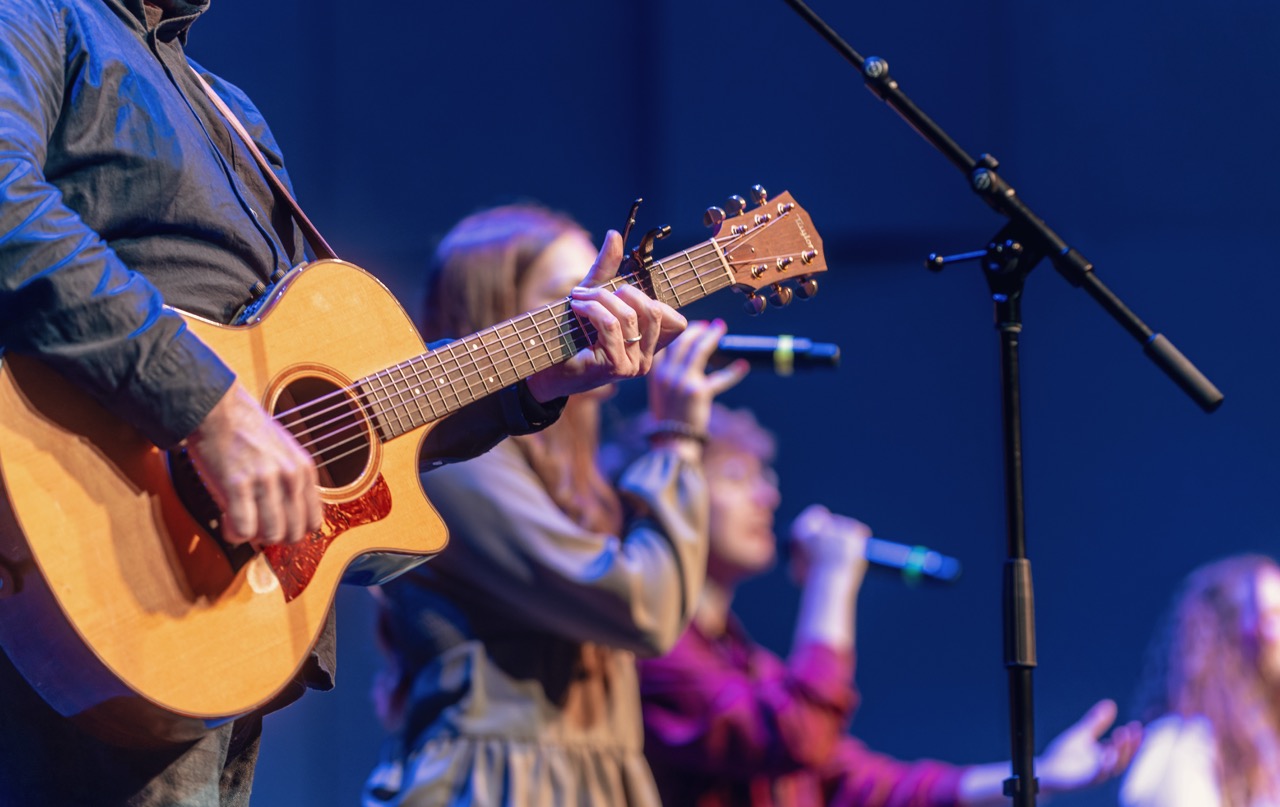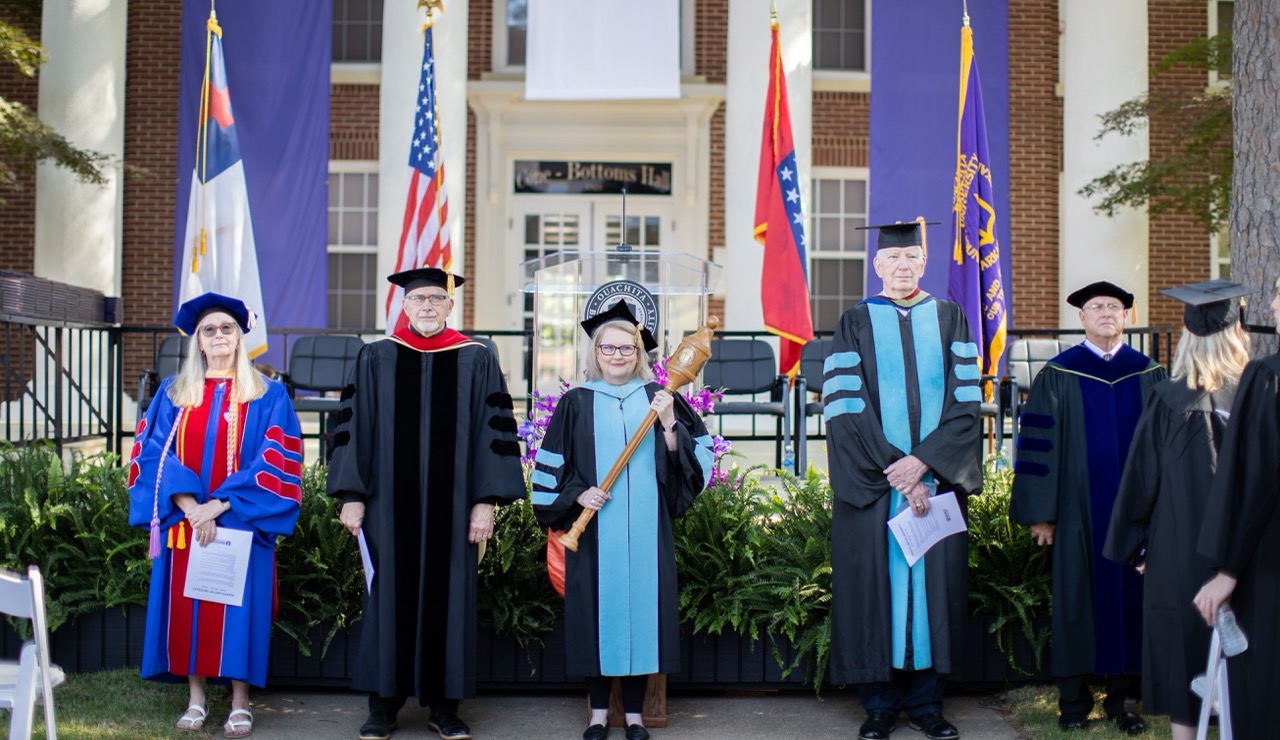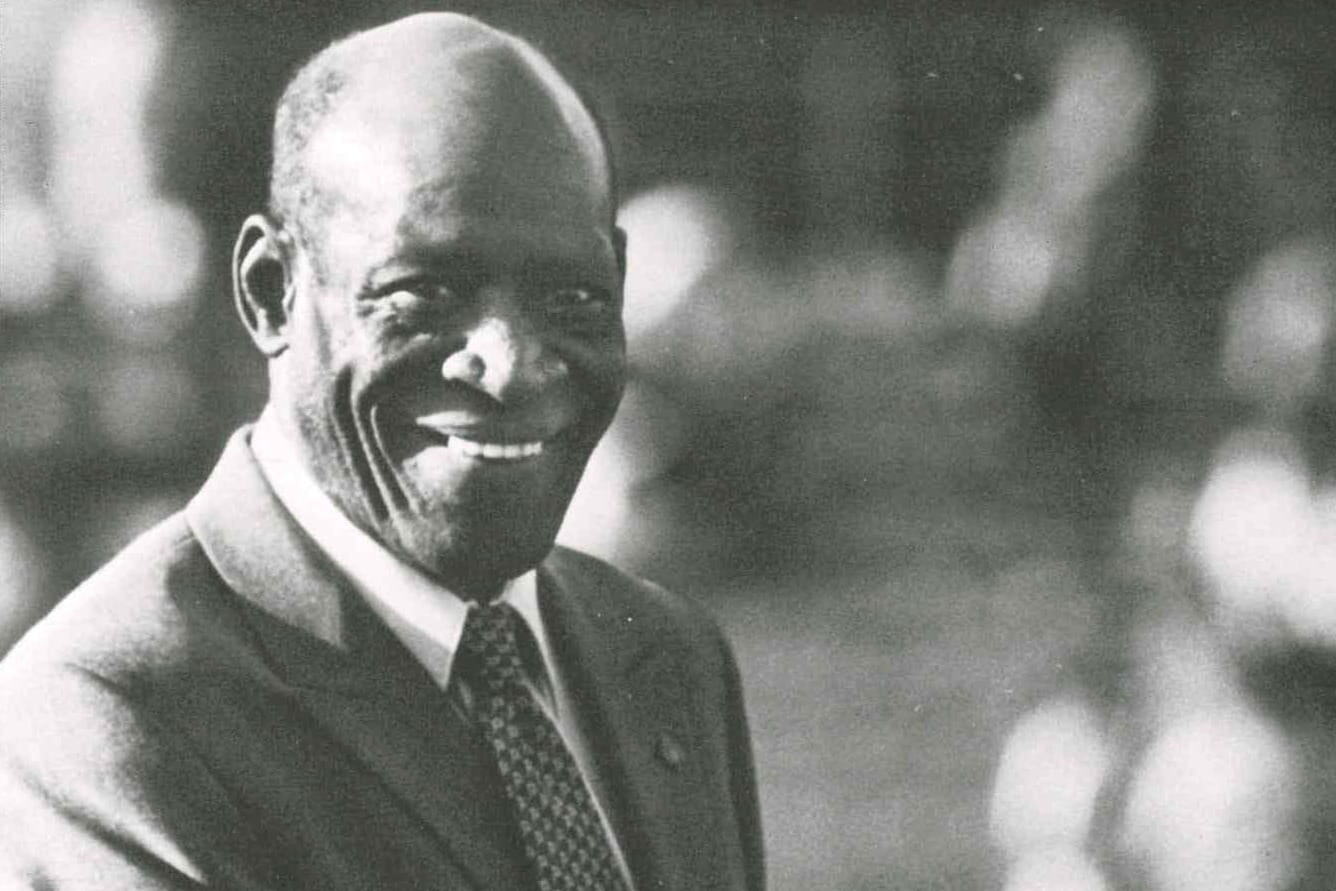Adapting in an unprecedented, challenging, remarkable year
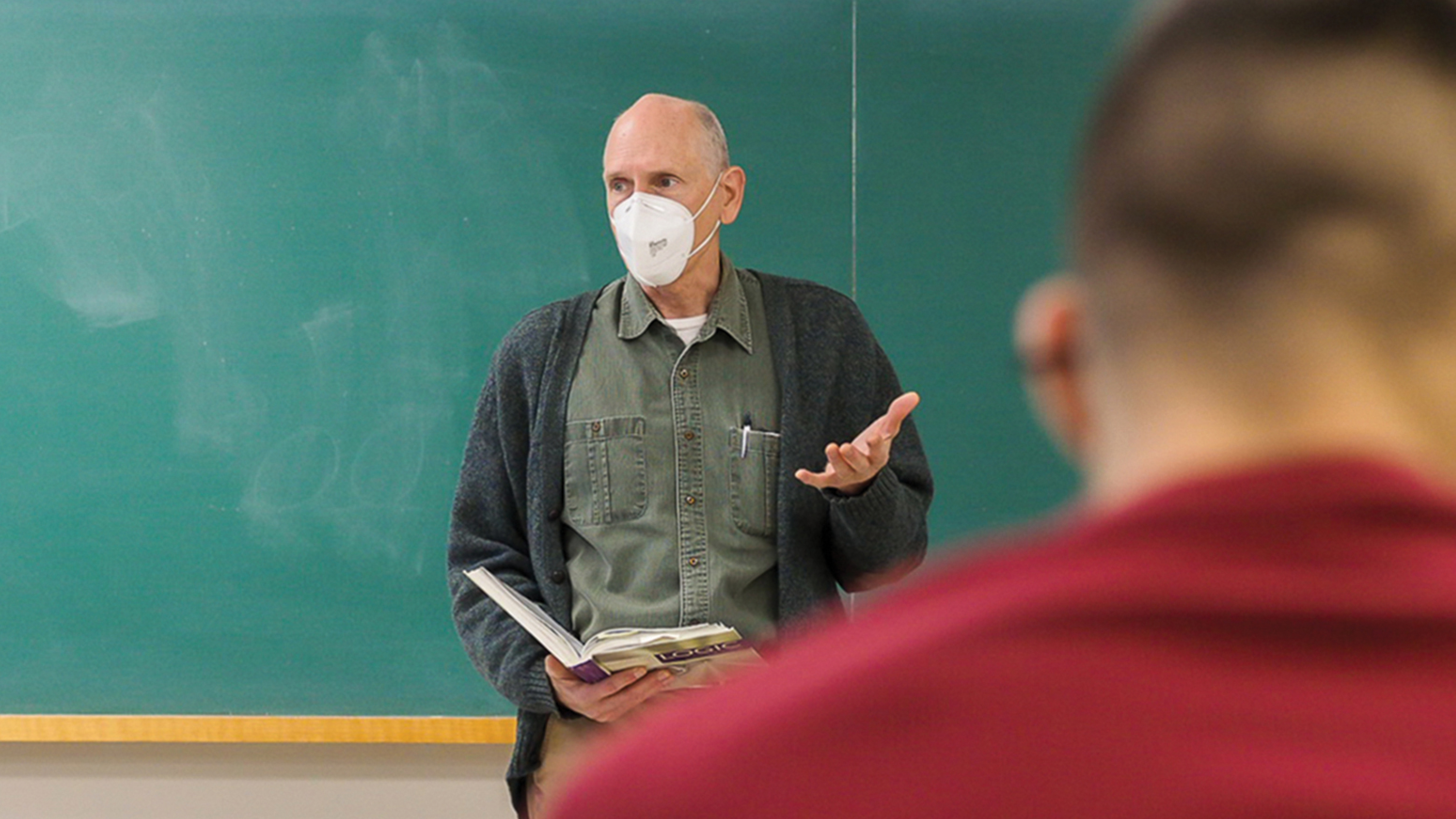 March 08, 2021
- Byron Eubanks
March 08, 2021
- Byron Eubanks“2020: The Worst Year Ever,” declared the Dec. 14 Time magazine cover. Even with a pandemic and contentious presidential election, that’s surely an overstatement, given the sweep of human history. In the more limited sweep of our personal histories, though, it may seem an understatement. However, thinking in terms of “worst” primes us to dwell on all that went wrong this year. Thinking of the ways 2020 is unprecedented invites us to acknowledge the negatives but to be grateful, too, for the good in this very challenging year.
As I reflect on the year at Ouachita, many negatives spring to mind. As COVID-19 worries grew in March, college campuses across our state and nation closed. Ouachita sent students home a week before Spring Break. Uncertain how the semester would end, students and professors alike scrambled to learn how to use Zoom video conferencing software. Some had a crash course on using Moodle, our campus learning management system. I suspect every course crashed in some way during those weeks. Spring sports schedules, Tiger Traks, graduation on Cone-Bottoms lawn – all canceled. What a disappointing way for seniors to complete their final semester.
Moving into summer, the first cohort of graduate students in applied behavior analysis could not meet on campus as planned. Cancellation of Super Summer and other camps left us with an empty campus and diminished income. Distancing requirements ambushed room assignments for fall classes. Rules and recommendations from the CDC and state agencies seemed to change weekly. The decision of most colleges to continue remote learning in the fall put Ouachita among the minority planning to return to face-to-face classes on campus.
The fall schedule began a week early and ended with finals completed remotely the week after Thanksgiving. Some students started the semester on quarantine. Many left later in the semester, sometimes more than once, for two-week quarantine or isolation. At one point over 250 students were quarantined. Quarantines were particularly challenging for science labs and courses in the fine arts. And imagine trying to have band or choir with masks and distancing. Chapel, Refuge, Tiger Tunes, social club activities, fall sports: the list goes on of ways the pandemic pummeled routine campus life. We even suffered a cybersecurity incident that shut down portions of our campus network for several days. Some faculty members lost years of work stored on their office computers.
Yes, it’s been a tough year for Ouachita. But that is only half the story. So, let’s go back to the middle of March and consider other ways it has been unprecedented.
When students left in March, faculty and staff had two weeks to gear up for remote learning. IT Services shifted into overdrive. They found the programs and trained an often skeptical faculty to navigate new tools. Students were largely patient and willing to assist faculty with the technology. And they showed up! Attendance via Zoom was often better than normal in my classes. Given the challenges of Zooming from home, limited library access and all the pandemic stresses, Ouachita’s administration granted students some creative grace to manage final grades.
In April, Dr. Wesley Kluck began leading Ouachita’s Health Monitoring and Action Team (HMAT). This dedicated group has devoted an estimated 1,100 hours in meetings alone to think through details related to doing college in person. Combined with work outside of meetings and work by other groups on campus, Ouachita faculty and staff put in over three years of work in a matter of months.
Through the summer, every employee on campus was rethinking our work in light of the virus. Graduate and Professional Studies led an adjusted but successful launch of the new applied behavior analysis master’s program, beginning a new era of graduate education at Ouachita. Academic Affairs worked some logistical wizardry enabling deans to track classroom changes necessary to accommodate distancing.
Fall classes brought masks, distanced desks and MoFlex units (large monitors and camera technology to allow quarantined students to Zoom in to class). IT again provided training and support. After the cybersecurity attack, they worked countless hours to get our network safely working again. They installed some 400 copies of Windows on campus computers in less than 12 hours. Wow!
Health Services staff, some newly hired, expertly managed on-campus COVID-19 testing and contact tracing. Faculty and staff found creative ways to manage concerts, virtual chapel, fall social club rush, intramurals, TWIRP events and “routine” academic work. For example, my wife recruited my help with an iPad and laptop so quarantined students could take an anatomy lab test on the human skeleton via Zoom! And 2020 seniors finally got their graduation ceremony at Cliff Harris Stadium in December.
I could go on and on. Ouachita’s size and genuine sense of community under Christ
allowed us to adapt, to find new ways to fulfill our mission to educate our students
in a 2020 world. Perfectly? Far from it. But certainly remarkable. Even unprecedented.
Thanks be to God.
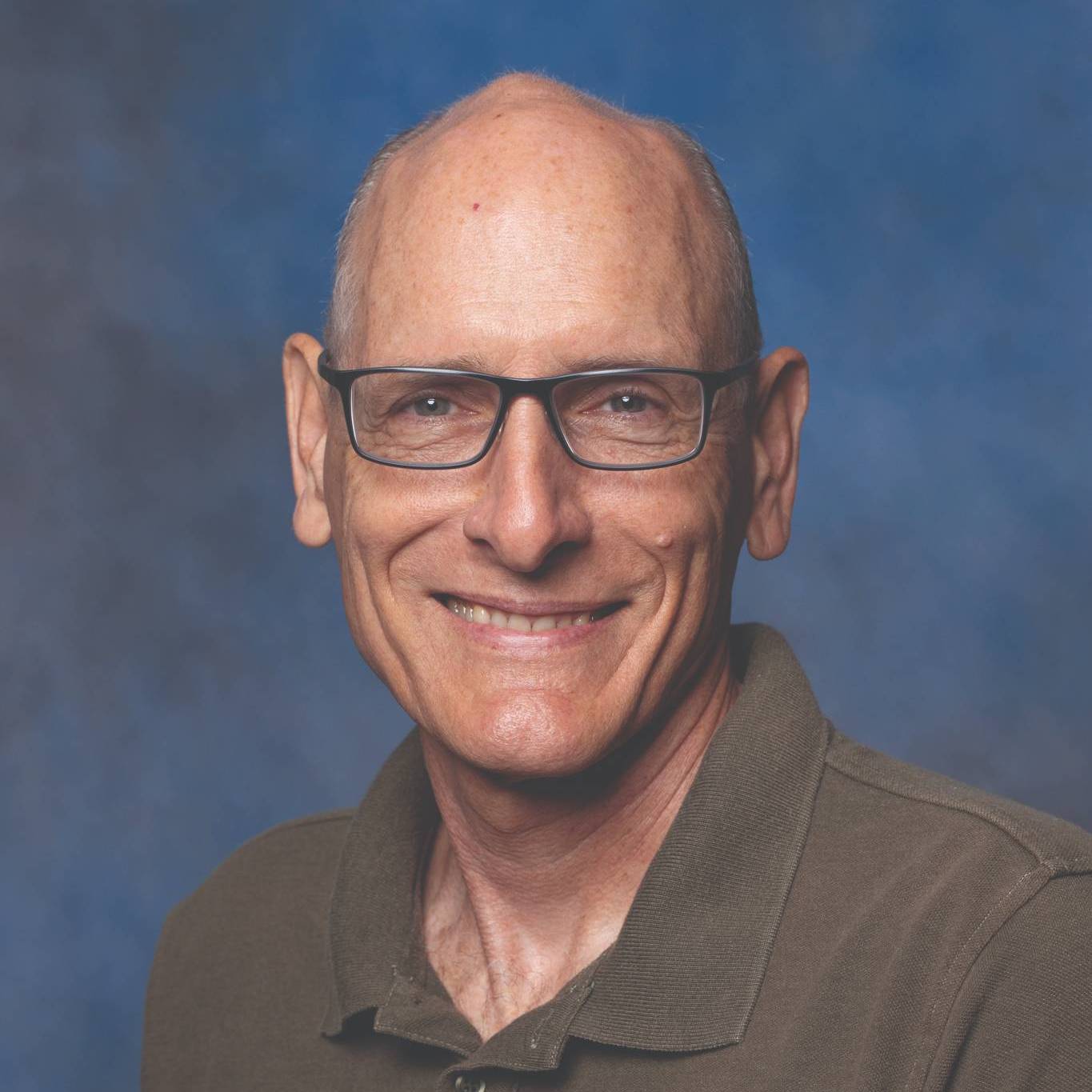
Dr. Byron Eubanks, chair of the Department of Philosophy, professor of philosophy and director of the Sutton Center for Integrity, has taught in Ouachita’s Pruet School of Christian Studies since 1987. He also has served on Ouachita’s Health Monitoring and Action Team this year. He earned Ph.D. and M.A. degrees from the University of Arkansas, an M.Div. degree from Southern Baptist Theological Seminary and a B.A. degree from Ouachita.
Lead photo by Levi Dade
- Tags:
- COVID-19
- Circle
- Faculty/Staff
You Also Might Like
Recent
Ouachita reports Spring '26 enrollment, led by 50% increase in graduate students
February 11, 2026
